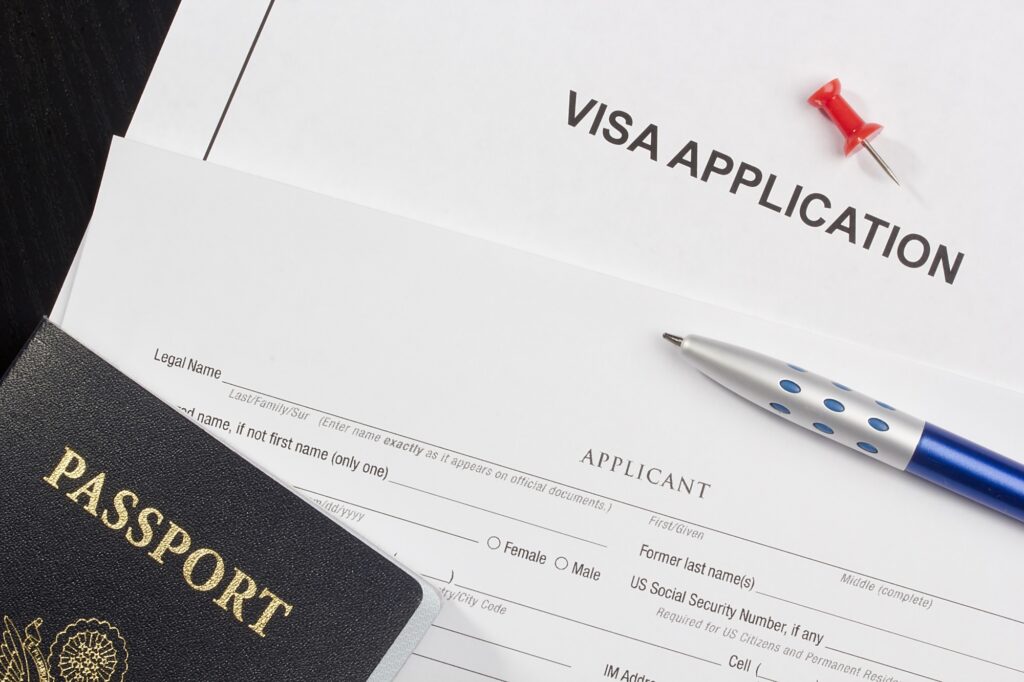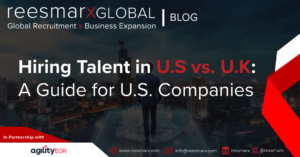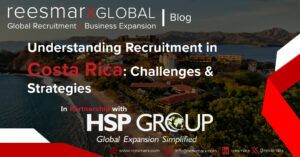Businesses around the world are facing shortages of skilled technology workers, executive leadership and other in-demand roles. If you have decided to start applying for global career opportunities, it is important to know what to look for, in terms of employment packages and benefits, as well as the legal aspects involved with working abroad.
It’s an exciting opportunity, but working overseas can present some administrative red tape. Fortunately, organizations that are skilled at hiring for global positions typically utilize a team of recruiters, who can also help new hires navigate some of the legalities of working internationally.
Work Visa Requirements
If you are not a legal citizen of your destination country, you will need to apply for a work visa. The standards and limitations regarding employment visa’s and the issuance periods vary from one country to the next. Employers can apply for a work permit on your behalf, but new hires are responsible for acquiring a work visa.
To protect job vacancies for citizens, each country has a stipulation regarding work visa’s and hiring international workers. Your work visa will be sponsored by an employer, who has issued a signed employment offer for a specific contract period. The employer contract can span six months to several years in length, and the length of authorization on the work visa will depend exclusively on the employment contract; when your employment is done, your authorization to work in that country will be complete, and employees are required to return to their native country after completing a contract.
In addition to supplying a legal employment offer and contract, prospective international employers face another uphill battle. Employers must justify the need to hire someone from outside the country, rather than bestowing the career opportunity to a citizen.
This aspect of the work permit and visa issuance involves an explanation of “unique talents” that the employee has. For instance, if an American I.T. professional has substantial experience with American businesses, but the company is unable to find local employees with that same experience, that may validate the request for a work permit. It is difficult however to gain a visa and work permit for some European Union countries, particularly those with high unemployment rates.
Professionals looking for more information on acquiring both work visa’s and permits for international job opportunities should refer to the following sites:
Working Holiday Visa
If you are looking for a shorter-term position, or internship with an international employer, a “Working Holiday Visa” may be the best approach. The Schengen visa governs 26 countries in the European Union (with the exception of Ireland and the United Kingdom), and provides a 90-day maximum visit to any foreign tourist, in every 180-day period.
Visit the website for more information on the Schengen Area and visa restrictions. The visa application requirements may also be reviewed online. Many nations also share reciprocal agreements regarding work visa issuance.
The working holiday visa is a permit that allows travelers to work, study or complete internships to support their travel (vacation) through Europe. The visa has several restrictions and is designed for young travelers who wish to explore Europe. Some of these restrictions include:
- Age restriction from 18 to 35 years (depending on the region).
- Limit to the type and length of employment that can be accepted while visiting.
- Possession of health or travel insurance.
- Possession of sufficient funds for living expenses and needs.
Most countries offer the “working holiday” visa option to extend stays for up to one year. Working for more than one employer should be anticipated for this visa, as it restricts employment length to six months or less with a single employer.
Be Prepared
Employees can save the expense of hiring a legal expert to assist with visa requirements, if comfortable with completing forms and other documentation steps. New graduates can gain valuable international job experience through the “Working Holiday Visa”, while other professionals will be required to attain a standard work visa, and employee sponsored work permit.
Career professionals who are considering attaining their MBA may also benefit from acquiring international business experience, per GMAT®. For more information, read “Six Reasons to Highlight International Experience on Your Resume.”






